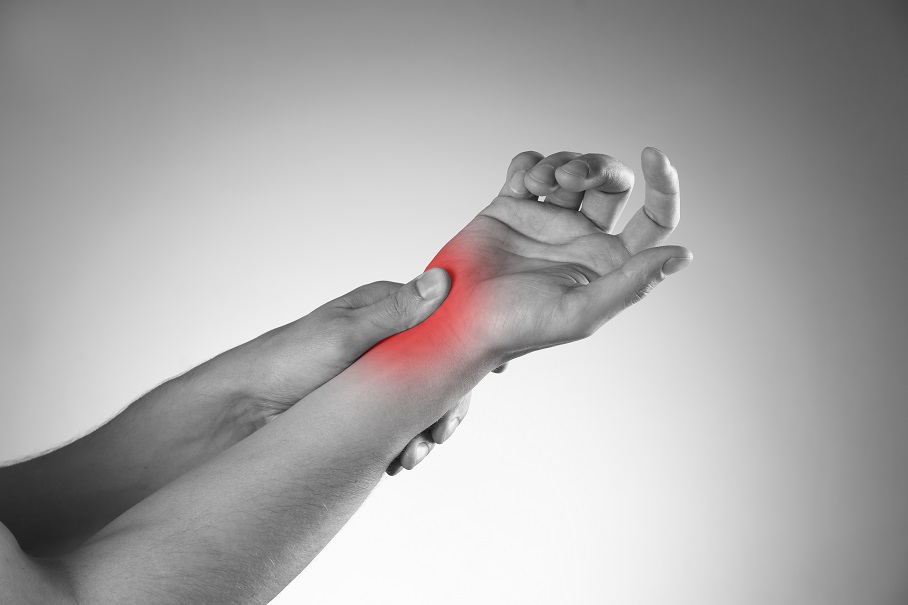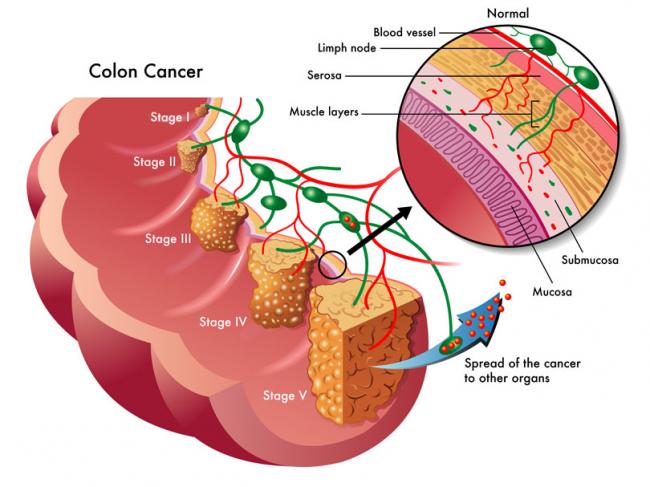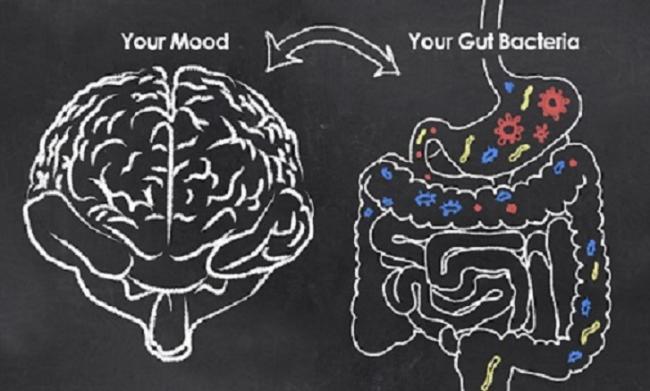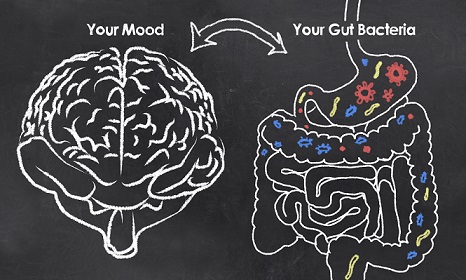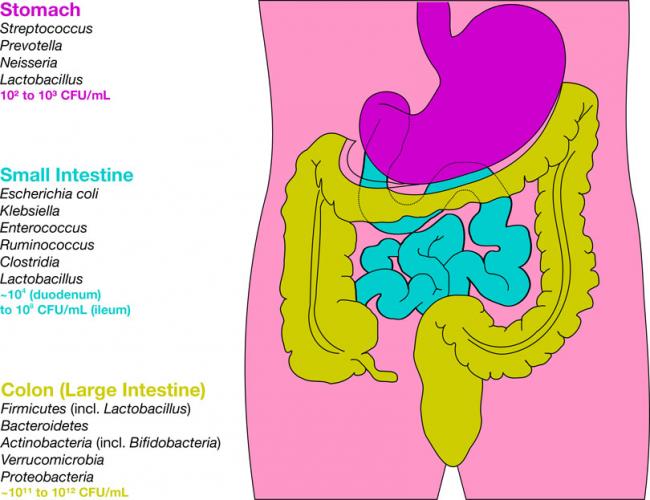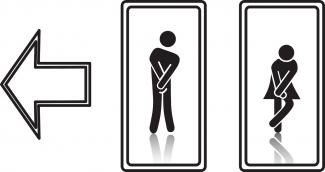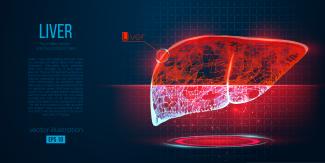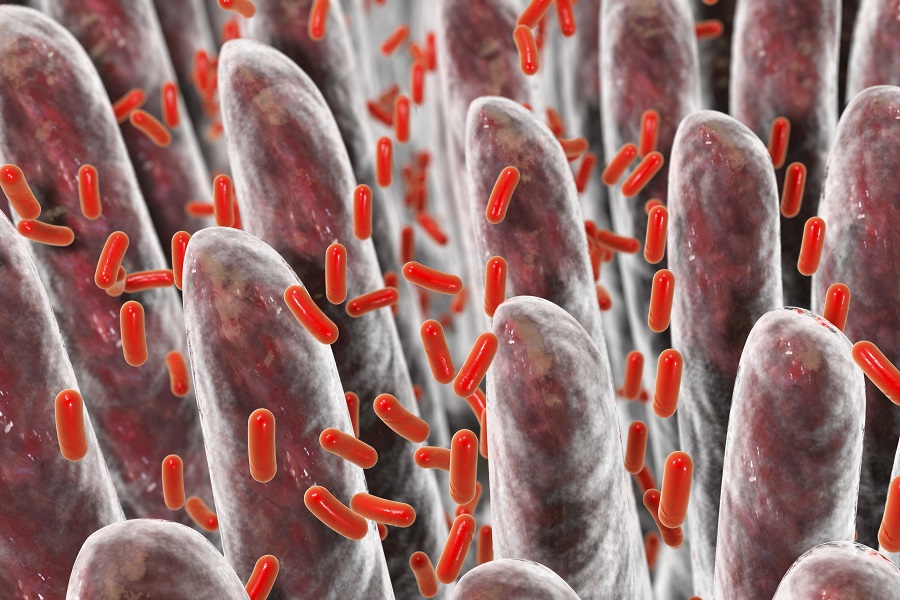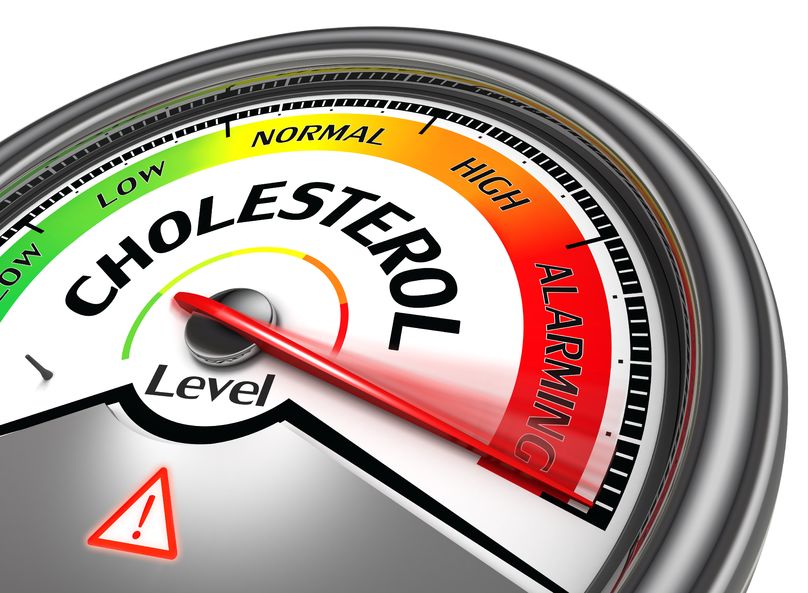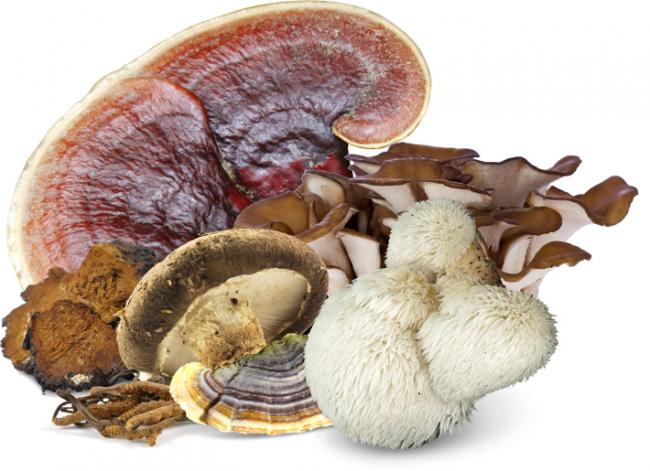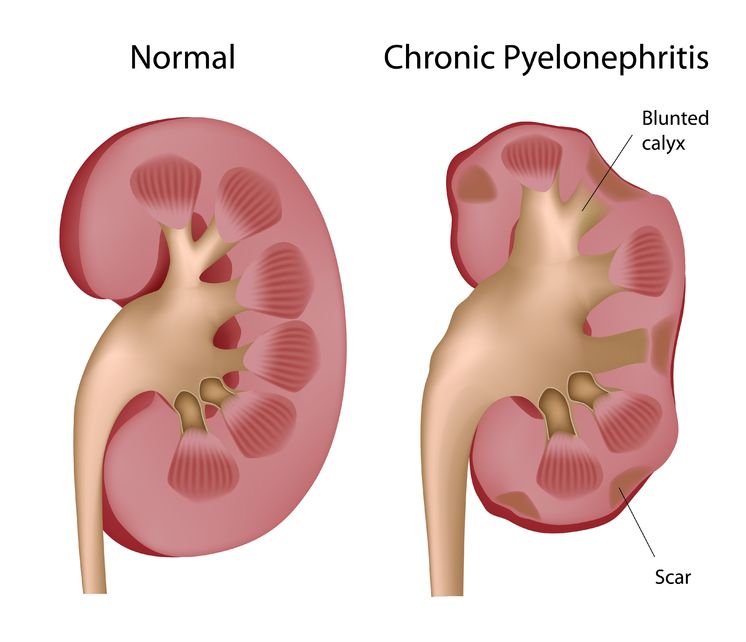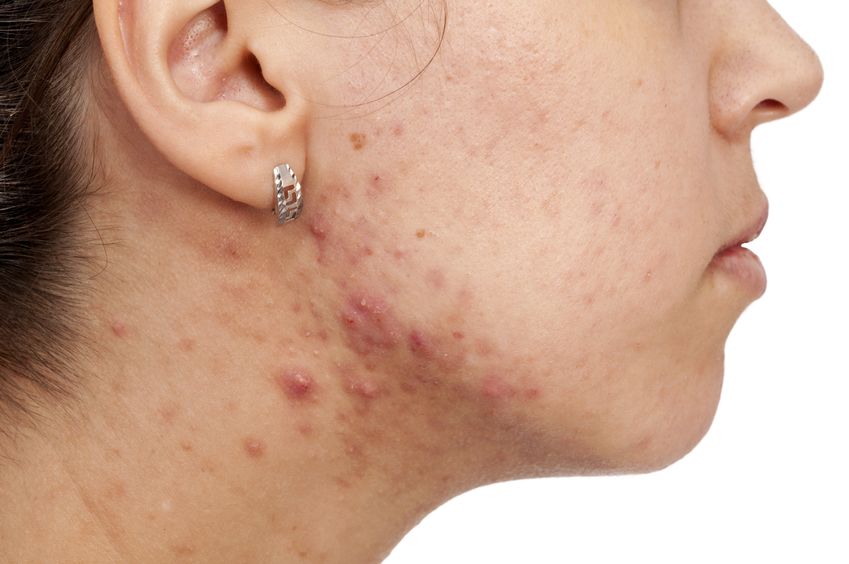Related Articles
- 13 Feb 17
- 17 Jul 16
- 28 Feb 19
Chronic pain is a significant health issue, and it is estimated that one-half of those suffering with chronic pain have been suffering for longer than 10 years.[1] An estimated 54.4 million North Americans have been diagnosed with various arthritic disorders,[2] conditions that are typically treated with nonsteroidal anti-inflammatory drugs (NSAIDs).
- 05 Oct 16
- 10 Apr 16
- 11 Sep 14
Inflammatory bowel disease (IBD) causes extensive inflammation in the gastrointestinal tract causing multiple symptoms, most commonly chronic diarrhea. IBD has periods of flare ups during which times the symptoms come and go. IBD is comprised of two separate conditions of the GI tract, Crohn’s disease and Ulcerative Colitis (UC). Both of these conditions cause extensive inflammation of the GI tract but also can often be distinguished by different manifestations.
- 06 Aug 14
Liver diseases include a number of different health conditions; in conventional medicine, they are bundled under the umbrella term “hepatology”, which typically includes the health conditions related to the liver, the gallbladder, and the pancreas. Over the last several years, there has been an increase in the use of complementary and alternative medicines, especially herbal therapies, among patients with liver disease.
- 03 Nov 16
- 06 Oct 14
- 18 Mar 19
Over 50% of women will suffer from a urinary tract infection (UTI) during their lifetime. One-third to one-half of these women will have a recurrent UTI within one year.
- 13 Feb 16
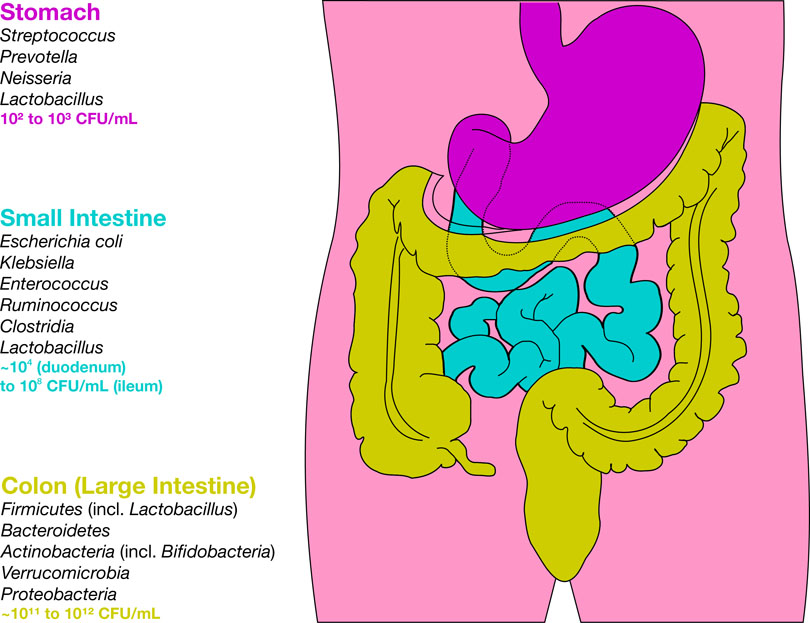 Small intestinal bacterial overgrowth (SIBO) is characterized by an overgrowth of various types of bacteria in the small intestine, bacteria which are largely only found in the colon. SIBO was initially thought of as a rare condition; however, it is now recognized as a more prevalent digestive disorder than previously acknowledged. A meta-analysis has shown the prevalence of SIBO to be approximately 64% among patients with irritable bowel syndrome
Small intestinal bacterial overgrowth (SIBO) is characterized by an overgrowth of various types of bacteria in the small intestine, bacteria which are largely only found in the colon. SIBO was initially thought of as a rare condition; however, it is now recognized as a more prevalent digestive disorder than previously acknowledged. A meta-analysis has shown the prevalence of SIBO to be approximately 64% among patients with irritable bowel syndrome - 22 Apr 18
When travelling to tropical and subtropical regions, there is always a chance of contracting a bacterial infection that turns into traveller’s diarrhea.
- 25 May 16
 Whether by unmediated naturals means, induction, or caesarean section, the birth of a child can be an exciting, frightening, and overwhelming experience, and all this is just within in the first moments of life! While some birth experiences go on exactly as planned, others are not as routine, and fortunately procedures such as caesarean delivery (CD) are available to those who might otherwise suffer the negative consequences that can be associated with the birthing process.
Whether by unmediated naturals means, induction, or caesarean section, the birth of a child can be an exciting, frightening, and overwhelming experience, and all this is just within in the first moments of life! While some birth experiences go on exactly as planned, others are not as routine, and fortunately procedures such as caesarean delivery (CD) are available to those who might otherwise suffer the negative consequences that can be associated with the birthing process. - 03 Jan 14
$path = isset($_GET['q']) ? $_GET['q'] : '
';
$link = url($path, array('absolute' => TRUE));$nid = arg(1);
if ($nid == 201401){
?>download pdf
}
?> Chronic pain affects a large percentage of the general population on a daily or otherwise regular basis. It includes a variety of different conditions, such as osteoarthritis (“wear and tear” arthritis), rheumatoid arthritis, migraine, fibromyalgia, low-back pain, and even repetitive strain conditions such as various types of tendonitis and other injuries that do not heal properly.
07 Aug 20
Chronic pain affects a large percentage of the general population on a daily or otherwise regular basis. It includes a variety of different conditions, such as osteoarthritis (“wear and tear” arthritis), rheumatoid arthritis, migraine, fibromyalgia, low-back pain, and even repetitive strain conditions such as various types of tendonitis and other injuries that do not heal properly.
07 Aug 20The body’s ability to detoxify uses several organs such as kidneys, the liver, the skin, bowels, and the lymphatic system. The liver involves phase 1 and phase 2 enzymes.
03 Apr 14 Hashimoto’s thyroiditis is an autoimmune disease that is characterized by an infiltration and destruction of the thyroid gland by the immune system. In this condition, immune cells produce antibodies against a key enzyme that is required for thyroid hormone production — thyroid peroxidase — and/or against thyroglobulin, which is the building block of thyroid hormones. Hashimoto’s is believed to be the most common cause of hypothyroidism in North America, and is among the most common causes of goiter in areas of the world where iodine intake is considered sufficient.
28 Feb 19
Hashimoto’s thyroiditis is an autoimmune disease that is characterized by an infiltration and destruction of the thyroid gland by the immune system. In this condition, immune cells produce antibodies against a key enzyme that is required for thyroid hormone production — thyroid peroxidase — and/or against thyroglobulin, which is the building block of thyroid hormones. Hashimoto’s is believed to be the most common cause of hypothyroidism in North America, and is among the most common causes of goiter in areas of the world where iodine intake is considered sufficient.
28 Feb 19Small intestinal bacterial overgrowth (SIBO) is a term used to describe the result of movement of bacteria from the large intestine into the small intestine. SIBO is defined as a bacterial population in the small intestine exceeding 105–106 organisms per millilitre; normally, less than 103 organisms per millilitre are found in this segment.[1]
09 Mar 15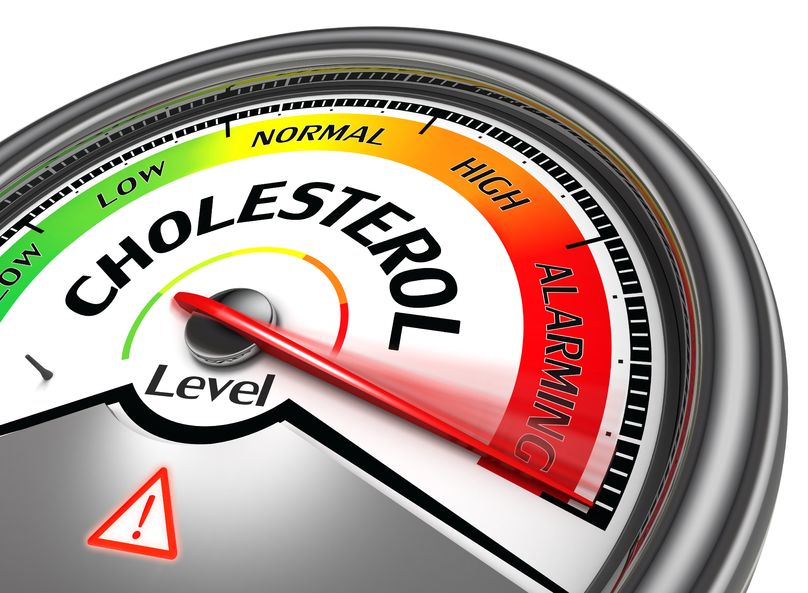 Cholesterol is a waxy, fat-like substance that is mainly made within the body by the liver but also comes from food. Cholesterol is important for optimal health, as it is needed to make cell walls, tissues, vitamin D, hormones, and bile acid. Atherosclerosis refers to the narrowing of the arteries due to excess cholesterol forming plaques within the arteries, which leads to compromised blood flow. 11 Sep 14
Cholesterol is a waxy, fat-like substance that is mainly made within the body by the liver but also comes from food. Cholesterol is important for optimal health, as it is needed to make cell walls, tissues, vitamin D, hormones, and bile acid. Atherosclerosis refers to the narrowing of the arteries due to excess cholesterol forming plaques within the arteries, which leads to compromised blood flow. 11 Sep 14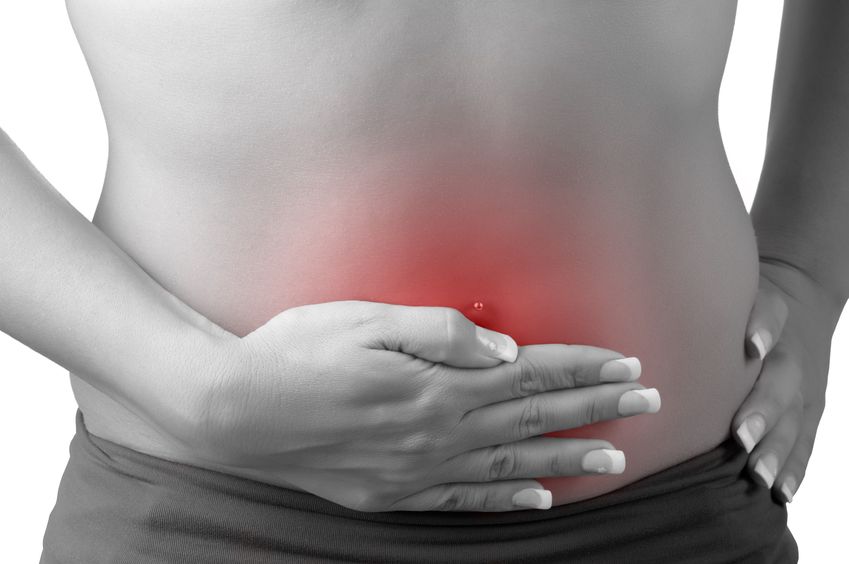 Feeling full quickly when eating, experiencing bloating during and after meals, or suffering from acid reflux may all be signs of low stomach acid – clinically referred to as hypochlorhydria. Hypochlorhydria occurs when the parietal cells in the gastric mucosa do not produce sufficient amounts of hydrochloric acid (HCl). There are numerous underlying causes of parietal dysfunction of psychological, physiological, and infective origin.04 Oct 17
Feeling full quickly when eating, experiencing bloating during and after meals, or suffering from acid reflux may all be signs of low stomach acid – clinically referred to as hypochlorhydria. Hypochlorhydria occurs when the parietal cells in the gastric mucosa do not produce sufficient amounts of hydrochloric acid (HCl). There are numerous underlying causes of parietal dysfunction of psychological, physiological, and infective origin.04 Oct 17
Newsletter
Most Popular
- 03 Feb 15
- 13 Oct 15
- 17 Jun 13
- 17 Jun 13
- 17 Jun 13
- 01 Jul 13
- 17 Jun 13
- 17 Jun 13
- 17 Jun 13
- 01 Jul 13
- 17 Jun 13
- 17 Jun 13
- 17 Jun 13
- 01 Jul 13







